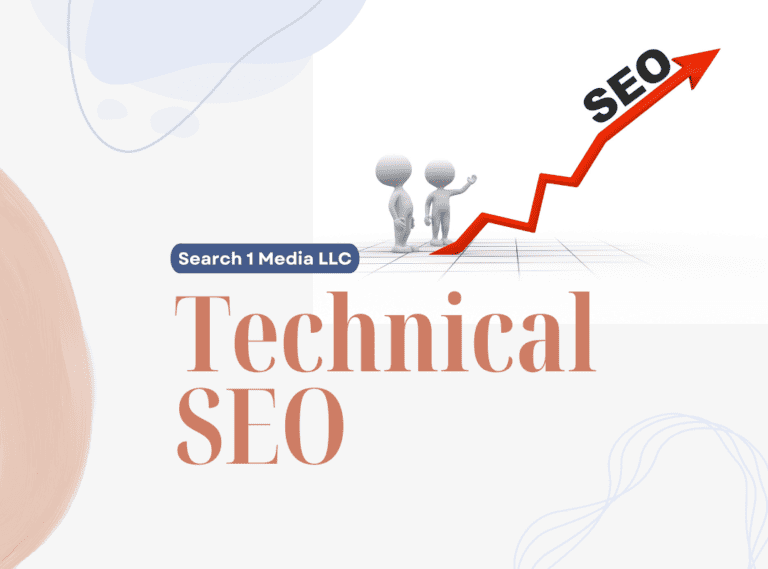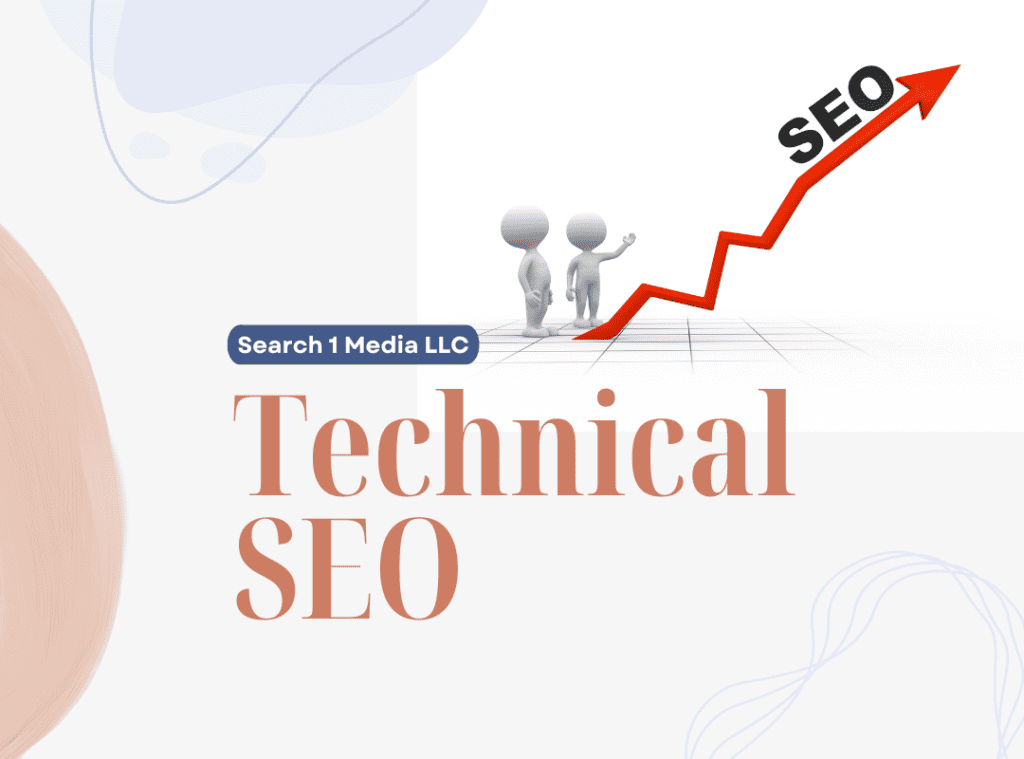Boost Your Online Presence with Expert Web Design, Google AdWords, SEO & More!
Search engine
Optimization
What is better than spending money on traffic?
Customers trooping in organically!!!

Our R.O.C.K.E.T
Program
Research
Conducting comprehensive research to understand your target audience, industry trends, and competitor strategies. This includes analyzing keyword data, user behavior, market analysis, and SEO best practices.
On-page optimization
Optimizing various elements on your website, such as meta tags, headings, content structure, and internal linking, based on the insights gained from research. This ensures that your website aligns with user intent and search engine guidelines.
Content Creation
Developing high-quality and engaging content that addresses the needs and interests of your target audience. This involves incorporating the findings from research to create valuable and relevant content that attracts organic traffic and encourages user engagement.
Keyword Analysis
Performing keyword analysis using research tools to identify relevant keywords and phrases that have high search volume and low competition. By incorporating these keywords strategically into your content, you increase the visibility of your website in search engine results.
External Link Building
Establishing a strong backlink profile by conducting outreach and building relationships with authoritative websites. This helps to improve your website’s credibility, visibility, and organic rankings in search engines.
Technical Optimization
Optimizing the technical aspects of your website, such as site speed, mobile-friendliness, URL structure, and indexing, based on research insights. This ensures that search engines can crawl and index your site effectively.
An SEO Service That Increases Revenue and Grows Rankings.
An effective SEO service plays a pivotal role in boosting online success by increasing revenue and improving search engine rankings. By leveraging a comprehensive range of strategies and techniques, an SEO service aims to enhance a website’s visibility and attract organic traffic. Through meticulous keyword research, on-page optimization, and content creation, the service optimizes the website’s structure and content to align with search engine algorithms and user intent. Additionally, a well-rounded SEO service incorporates off-page optimization techniques such as link building and social media promotion to strengthen the website’s authority and credibility. By implementing these strategies, an SEO service not only drives organic traffic but also enhances the website’s conversion rate, leading to increased revenue and business growth. With continuous monitoring, analysis, and optimization, an SEO service ensures that the website remains competitive in the ever-evolving digital landscape, solidifying its online presence and maximizing its potential for long-term success.
Our SEO
Services
Let’s talk about some core SEO strategies that we use in SEO campaigns to optimize websites, including:
WEBSITE SEO AUDIT
KEYWORD RESEARCH
TECHNICAL OPTIMIZATION



Website SEO Audits

SEO web audits are a critical component of any comprehensive SEO strategy. These audits involve a thorough examination of a website’s technical, on-page, and off-page aspects to identify areas of improvement and optimize its performance for search engines. Conducting regular SEO web audits ensures that the website is in line with best practices, search engine guidelines, and industry standards, ultimately leading to improved organic visibility and higher search engine rankings.
During an SEO web audit, the technical aspects of the website are closely analyzed. This includes assessing the website’s crawlability and indexability, identifying any issues that may hinder search engine bots from effectively accessing and indexing the site’s content. Common technical issues that may be uncovered during an audit include broken links, duplicate content, missing or improper meta tags, slow page load times, and mobile responsiveness issues. By addressing these technical issues, the website’s overall user experience improves, leading to better search engine rankings.
Keyword Research
Keyword research is a fundamental aspect of any successful SEO strategy. It involves identifying and analyzing the specific words and phrases that people use when searching for information, products, or services online. By conducting comprehensive keyword research, businesses can gain valuable insights into their target audience’s search behavior, optimize their website’s content, and increase their visibility in search engine results.
The first step in keyword research is to brainstorm a list of relevant topics and themes related to the business or industry. These can be broad terms that represent the core offerings, products, or services provided. For example, a clothing retailer might consider keywords like “fashion trends,” “women’s clothing,” or “stylish outfits.”
It’s important to note that keyword research is an ongoing process. Search trends and user behavior change over time, so businesses need to regularly revisit and update their keyword strategy. By monitoring keyword performance, analyzing user engagement, and adapting to shifts in the industry, businesses can refine their keyword targeting and optimize their content for maximum impact.

Technical SEO

Technical SEO refers to the optimization of the technical elements of a website to enhance its visibility and performance in search engine rankings. While content and backlinks are important factors in SEO, technical SEO ensures that search engines can effectively crawl, index, and understand the website’s content. It focuses on improving the website’s technical foundation to provide a seamless user experience and maximize its potential to rank well in search engine results.
One crucial aspect of technical SEO is website crawlability. Search engine bots need to access and crawl the website’s pages to index them. It involves ensuring that the website’s robots.txt file and XML sitemap are properly configured, allowing search engines to crawl and index the relevant pages.
Proper URL structure and website hierarchy are important for both search engines and users. A well-organized website structure with clear navigation makes it easier for search engines to understand the relationships between different pages. Creating descriptive and user-friendly URLs that include relevant keywords improves both SEO and user experience. An organized website structure also aids in distributing link authority throughout the site, ensuring that important pages receive appropriate visibility.
Upgrade SEO with Search 1 Media LLC
Search 1 Media LLC offers top-notch SEO services to take business to new heights.
Increase your website traffic, conversion and sales by improving your visibility to your potential customers and being on the top results of your local search.

